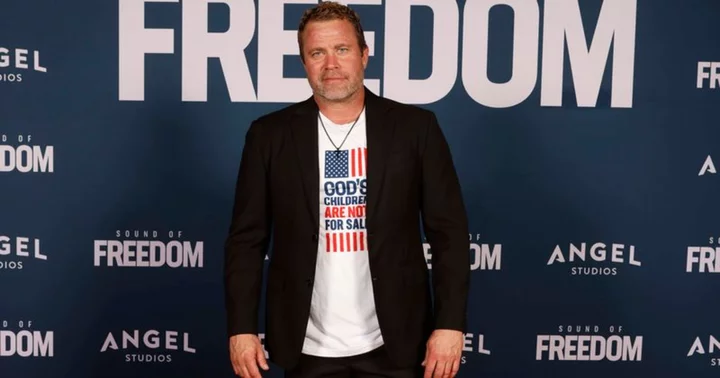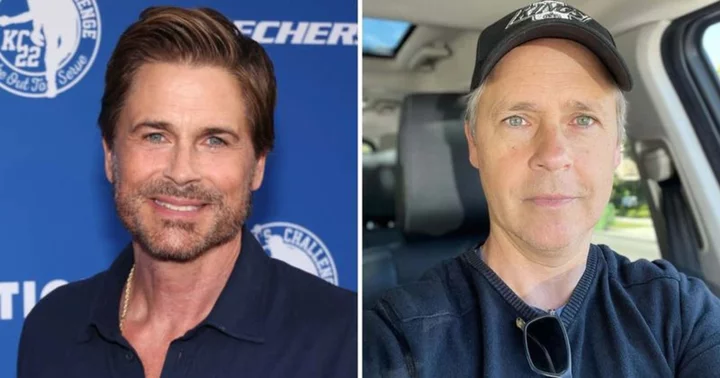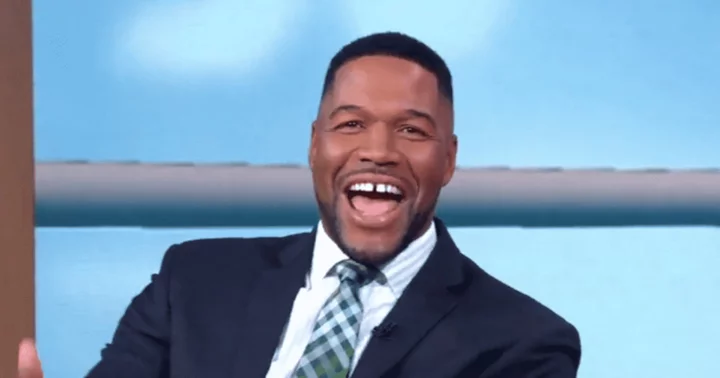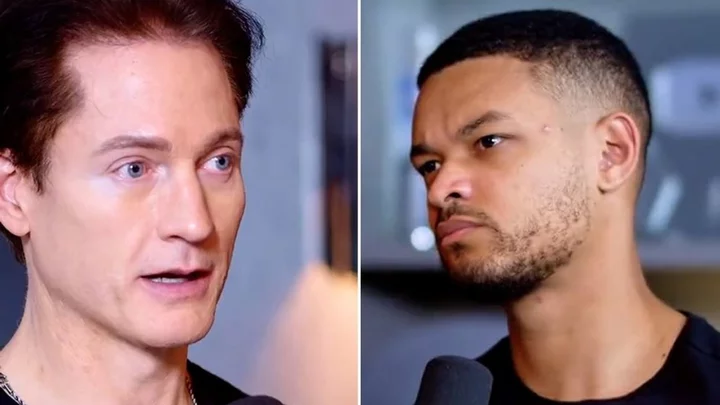The movie 'Sound of Freedom' has captivated audiences nationwide and worldwide with its gripping story. Surprisingly, what made this crowdfunded faith-based film even more remarkable was the fact that it is inspired by true events.
Surpassing 'Indiana Jones and the Dial of Destiny' on its opening day and even moving acclaimed actor and director Mel Gibson to tears, 'Sound of Freedom' follows the journey of Tim Ballard, a former government agent who quit his job to embark on a dangerous mission to rescue a group of children held captive by child traffickers in Colombia. While the movie's release and surprising box office success have garnered praise, it has also ignited a bitter backlash after the film was kept out of theaters for nearly a decade by studio executives who disagreed with the beliefs and politics of its creators. However, beneath the industry turmoil lies a story filled with even more astonishing drama.
Why was 'Sound of Freedom' banned from release?
The harrowing incidents portrayed in the film are inspired by the real-life endeavors of Ballard, who devoted 12 years of his life working undercover for the Department of Homeland Security. Frustrated by being told to stand down while attempting to rescue children from human traffickers in the South American jungle, he eventually decided to leave the government agency. The film, featuring Jim Caviezel as Ballard and Mira Sorvino as his wife, Katherine, premiered on July 4 and raked in a staggering $14M on its first day, surpassing the fifth Indiana Jones movie by $2.5M.
What makes 'Sound of Freedom' even more impressive was that it achieved this box office success despite being shown in significantly fewer theaters (2,850) as compared to the Harrison Ford-starrer. The film faced rejection from major production companies, including Disney, for nearly a decade before finally reaching theaters through crowdfunding. Ballard himself acknowledged that the movie accurately portrayed the events that unfolded in his life.
'Where are the kids?'
"I had spent 12 years as a Special Agent, undercover operator, for the Department of Homeland Security working child crimes and child trafficking," Ballard reportedly said, adding that the first part of his career was spent "collecting cases" and investigating people who were "possessing and distributing child exploitation material." However, he longed to do more, and was desperate to get out there and start searching for the children.
"[I was] always wondering, 'Where are the kids?' I see these videos, I gotta describe them [in the reports] - it breaks my heart," he added. He reportedly said in 2006 that laws had been changed and US agents were finally allowed to "go overseas" to capture traffickers. And while he said that the move "opened up his horizons," it was still a "frustrating process." "The law didn't stipulate how much time I would get or how much flexibility I would have or creativity I'd have," he said.
"I'd be given a week or whatever to find them... But if I couldn't find them, back to the United States. [They'd say], 'Come home,' [and I'd say], 'But I've seen kids I can rescue.' And they'd say, 'Doesn't matter. Come home,'" Ballard said. In 2012, things reached a tipping point when he was instructed to halt his work on two major cases—one in Haiti and another in Colombia.
Despite the orders to return home, Ballard decided to stay, leading him to make the difficult choice of quitting his job. A deeply emotional conversation between Ballard and his wife, Katherine, featured in the film, portrays the profound impact of this decision. "I called my wife hoping, hoping she'd say, 'Get your butt home. Are you kidding me? We got six kids to feed.' I wanted her to say it because I was being a coward, but I knew it was the right thing," he said.
"She didn't read my script. She said, 'Of course you're going to stay.' And I said, 'Are you kidding?' 'And she said to me, very sternly - she's usually pretty sweet, but this is righteous indignation at its finest - 'I will not let you jeopardize my salvation by not doing this.' It was that powerful and it pierced my heart when she said it. It breaks my heart because not only was she losing our income, but [there was a] very good chance, maybe 50/50, that she was going to lose me. She was willing to risk becoming a widow," Ballard recalled.
Tim Ballard's journey beyond 'Sound of Freedom'
While 'Sound of Freedom' captures Ballard's story, it only scratches the surface. The film depicts him saving around 50 women and children, but in reality, he rescued a total of 120 people during the mission. Moreover, the film predominantly focuses on the events in Colombia, leaving much of the larger story untold. Ballard acknowledged that certain aspects were overreported and that Caviezel's performance made him appear cooler than he actually was.
Ballard went on to establish Operation Underground Railroad, a non-profit dedicated to combating human trafficking. It is crucial to note that one significant scene in the movie never occurred in real life—the depiction of Caviezel's character killing a man to save a child. Operation Underground Railroad clarified on its website that the organization does not function as a vigilante group and works closely with local authorities and governments, providing support rather than employing violence. "Our undercover operatives do not use guns in any of our operations. Tim Ballard has never killed anyone, contrary to what is depicted in the film," the website read.
While many viewers have been deeply moved by Ballard's story, 'Sound of Freedom' has also faced criticism. Some critics accuse it of "warping the truth about child exploitation and catering to QAnon conspiracy theorists," per the Washington Post. In 2020, Vice World News published a report questioning the practices and claimed successes of Operation Underground Railroad, alleging "a pattern of image-burnishing and mythology-building, a series of exaggerations that are, in the aggregate, quite misleading" and a major "divide between the group's actual practices and some of its claimed successes."









